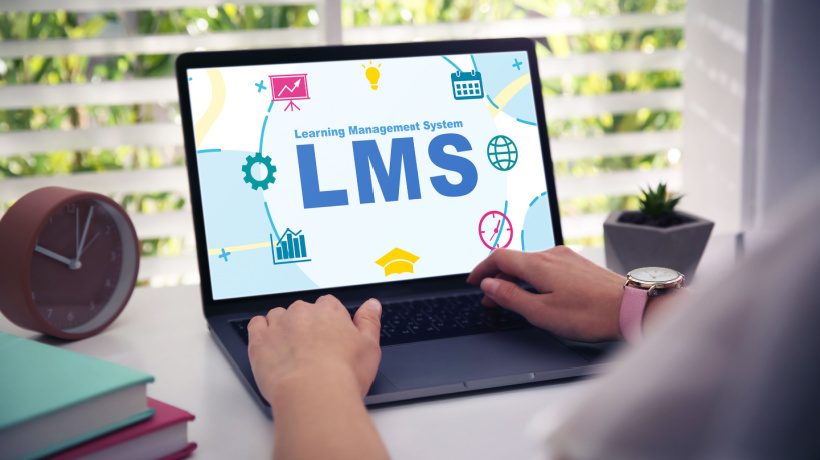The Essential Strategies For Modern Students
While education is empowering, once you figure out how to study effectively, your skills will enable you to feel even more empowered. However, you should remember that all this studying is most likely tied to the end goal of obtaining a job. In an ideal world, you’ll eventually come across a career you love via diligent networking, applying, researching, and interviewing. Following are a few strategies for modern students that will help you achieve just that.
1. How To Study
When you sit down to study, you should always do so consciously. This doesn’t have to be a difficult undertaking. It simply requires a bit of self-awareness and active participation in the learning process. For example, rather than cramming four hours of studying into one session at the last minute, it’s better to divide your time into four one-hour sessions in order to improve retention. Shorter, more frequent study sessions will not only help you retain information, but they also cut out unnecessary stress.
Another technique that improves retention is the creation of flashcards, which is infinitely more active than simply highlighting or underlining important terms in your textbook. Moreover, the process of manually writing down concepts and definitions helps with the retention of information. While you’re in the process of actively taking notes and making flashcards for teaching yourself and others, don’t forget about diet and nutrition: rather than succumbing to junk food temptations, which negatively affect blood sugar and attention levels, seek out healthy snacks like fruits, nuts, and veggies. Also, make it a point to get a full night’s sleep.
Be sure not to get pulled into social media and online distraction. If possible, turn off your phone and seek out a study spot where you won’t constantly run into acquaintances. A quiet corner of the library, for example, will probably allow you to get more work done than a busy coffee shop where all your friends hang out. And lastly, don’t allow yourself to get too comfortable by, for example, curling up on your bed or a comfortable couch. Rather, a well-lit desk or table will provide plenty of space for books and writing implements while setting up a mental association with studying.
2. Wellness Tips
Life balance is important, whether one is a student or a working professional. Moreover, one could argue that if you are able to achieve balance between your studies and your personal life, you’ll be even better prepared to balance your energies once you do enter the workforce. How, then, should one best go about creating balance, as a student?
One helpful stress-relieving habit to establish is a daily meditation or yoga practice. Meditation not only relieves stress, but it also helps increase one’s ability to focus and concentrate on difficult material. Make sure to spend time with friends and loved ones, in order to help yourself recharge and feel connected to your support network. Moreover, don’t forget to find time for yourself, especially if you need down time on your own in order to feel 100 percent. Lastly, be sure to design a well-balanced schedule made up of both challenging and also more accessible courses. You want to make sure you have enough time to complete all your coursework, as opposed to running out of time due to an overly demanding schedule.
The ability to make deliberate choices about one’s schedule carries over into life balance for one’s professional life, as well. Rather than passively accepting one’s current circumstances, balanced people make conscious choices that affect their direction in life, stopping to consult with friends and family in order to help them make a deliberate plan that aligns with their personal priorities, values, and convictions. In addition, they don’t allow outside influences determine their courses of action. Rather than letting distractions, social media, or popular opinion influence their actions, balanced people align their goals with their passions.
3. Networking And Searching
If you’re currently a student, you’re lucky enough to have the best of both worlds, when it comes to active versus passive job seekers: Active job seekers are defined as candidates who aren’t currently employed but are actively seeking a new job position; whereas passive job seekers are already employed and therefore are not actively looking for a job. Current students have the advantage of being occupied by their academic careers. Ideally, you’ll have time to reach out to industry professionals for informational interviews that can provide valuable information that you would not ordinarily have time to obtain, if you weren’t enrolled in school.
Something you can do to stand out to hiring committees, during your job search and networking time, is to mention your current projects on your resume—whether they be volunteer or industry related. Certainly, relevant coursework would be relevant to mention in informational and job interviews, as well. Emphasize the benefits of active candidates: For example, having a willingness to learn new things and being highly motivated to work in a variety of positions with a wide range of responsibilities. The willingness to be flexible and follow up on leads are other advantages of being an active job seeker.
Lastly, one job hunting that can’t be overlooked is the networking technique, which taps into the hidden job market. How does one go about doing this? First, reach out to people in your industry of choice as a person seeking information first, rather than as a job seeker. By making contacts in this way, you will widen your professional network of contacts, increasing your chances of being noticed, once you do apply for a position in a related company. Second, join real and virtual networking groups like industry-specific group pages on Facebook and LinkedIn, alumni networks, and professional associations and societies in your industry. Lastly, don’t discount volunteering as a valuable way to gain industry experience.
Final Word
What are some effective studying or networking techniques that you’ve found helpful, during your time as a student? Share your thoughts and experiences in the comments section, below.









